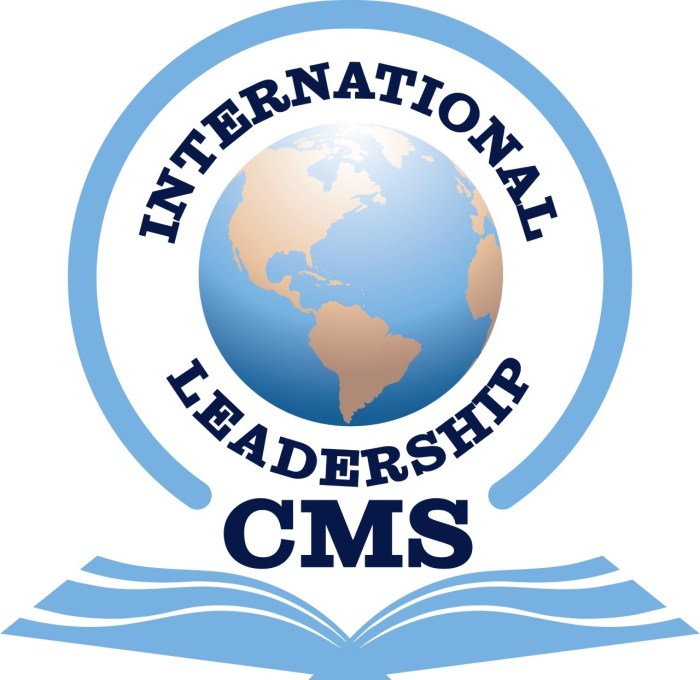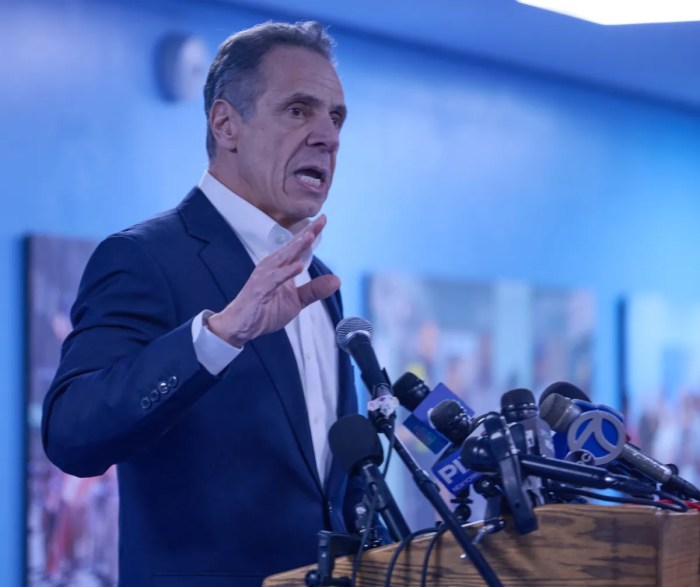Assumptions are that documentaries provide one of the most definitive historical source of information.
Usually bolstered by archival footage, testimonies and recreations they either confirm previously held opinions or question the legitimacy of facts presented by the filmmaker.
One that is causing controversy focuses on “My Grandpa Was An Emperor,” a 92-minute compelling reflective on the private experiences of an African royal family.
In it, the film spotlights the last Emperor of Ethiopia.
Told from the perspective of Yeshi Kassa, his great granddaughter, she retraces the reign of Haile Selassie I.
Nostalgic references to her storied heritage and controversial entitlement to the royal title are interspersed with data to present credibility to the birthright she was bequeathed.
Directed by Constance Marks, the documentary made its debut world premiere at the DOCNYC film festival last year and has since been streamed on numerous social media platforms.
Reportedly, actress Cynthia Errivo was an early believer in the project so much so she invested money that lists the British celebrity executive producer.
Errivo is no stranger to realizing stories about strong women, she has portrayed the real-life Black, liberator Harriet Tubman who via “the Underground Railroad” led men, women and children out of southern slavery to freedom in the north.
Errivo said Kassa’s experience endeared her to complete the film.
In an interview, Kassa said she was exiled from her homeland at age 11. Along with her older sister Jote the two were sent to a boarding school in London, England.
Kassa said she recalled her reluctance to leave her beloved country but was assured she would be able to return in a year. Little did she know how lucky she was to be among the few survivors.
While in Europe her father Kessa — a minister of government — informed her that instead of returning to Africa she would be taken to Switzerland.
Already well documented is the fact, the dynasty ended in 1974 when the reputed descendant of King Solomon and the Queen of Sheba was deposed during a military coup by the Dergs.
The reign that began in 1930 was over.
A carnage resulted in the horrific assassination of Kassa’s father; many of her family members were either exiled or executed.
And by 1975, the avowed reincarnated messiah was brutally murdered.
Kassa said throughout adolescence she never fully understood the role of the monarchy or whether or not it was worth being born into royalty.
She witnessed images of her grandpa meeting with Britain’s Queen Elizabeth II and US President John Kennedy and her understanding was that her famous relative ‘abolished slavery,’ and federalized the system but also knew he faced ‘massive opposition from aristocrats.’
“My perception was that he was all powerful.”
What Kassa considered unfathomable was that 11 family members were held captives for 15 years.
Later she was told an entire support group in Jamaica regarded her relative as omnipotent — the King of Kings and Lord of Lords — Rastafarian revere.
Many believe the African, a messiah and the ‘conquering lion of Judah.”
The latter is how the imperial majesty regarded himself.
Ironically, it was reggae singer and Rastafarian Bob Marley who helped in clarifying her understanding.
“Bob Marley was good to me, he pulled me aside and asked me if I knew what grandpa meant to the west.”
“He told me how important Ethiopia is and was instrumental in helping to liberate my younger sisters.”
Kassa migrated to the United States and has been living in New York City for four decades.
“I am thrilled to be a New Yorker but at heart I am an Ethiopia, I am not a princess.”
As in many countries, Ethiopians are divided about his excellency. While some exalt the majesty of his kingdom, others maintain the belief that he was a tyrant who wreaked havoc on his people, annexed Eritrea and contributed to suffrage in Somalia.
They also claim HIM lavishly flaunted wealth and was deserving of the assault meted to him.
“I loved him very much,” Kassa said.
However, she admitted that the documentary gave her a new perspective and pays tribute to the royal women, and those who helped liberate her siblings.”
She hopes the documentary ‘will set the record straight.’
For Kassa, the making of the film has awakened an enlightenment that “people are very pro or against the royal family.”
What Kassa, the NY banker and royal descendant would like viewers to recognize is that “this film is about women, I hope that’s what people see.”
Catch You On The Inside!





















